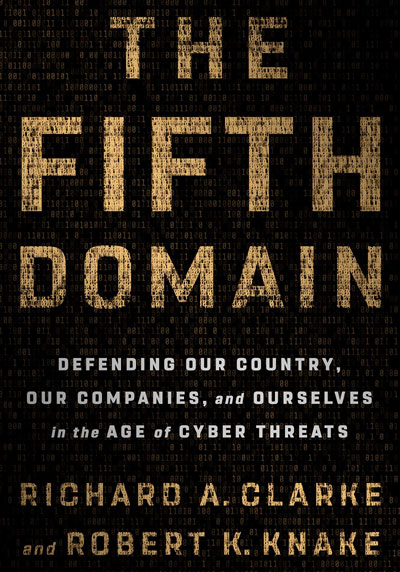Quantum and the Magic Decoder Ring
What sparked governments’ interest in quantum computing was fear, or hope, of breaking secret codes. As they have learned more about it, other possibilities have drawn their attention. If you could easily break encryption, cybersecurity would be in much worse shape than it is today. Encryption is not just a tool that governments use to transmit secret messages to spies and soldiers. Encryption is ubiquitous, working behind the scenes in our web browsers, emails, databases, ATMs, and a lot more. Without encryption, it would be almost impossible to defend against hacking successfully. So, should we fear that quantum computing research will endanger cybersecurity?
If you thought quantum physics is complicated, the mathematics behind modern encryption can also quickly leave you in the dust. Again, we are going to simplify. Most encryption codes are based on a mathematical process called factoring: By what whole numbers can another, larger number be divided? So, for the number 12, the factors are 1, 2, 3, 4, 6, and 12. You can do that kind of factoring in your head, but it’s a lot harder when the number you are factoring is not just two digits (like the number 12) but, say, hundreds of digits.
Most encryption algorithms utilise factors (prime factors, to be precise of very large numbers as their basis. The assumption is that, even with a modern supercomputer trying out all the permutations, it could not correctly guess the factors that are being used as the basis for a particular encryption code without thousands of years of run time. If quantum computers can be made to work, thousands of years’ worth of conventional computing could be done in seconds and modern encryption could be cracked.
With that hope in mind, governments have been rumoured for years to be collecting and storing other nations’ encrypted messages that they now cannot crack. Someday, perhaps in the next few years, quantum computing might allow China, Russia, the U.K, or the U.S to read messages that they intercepted years ago, what you might think of as reading other people’s old mail or yesterday’s news. That may prove interesting and maybe even useful in the field of counterintelligence, tracking down spies and their sources. If and when this happens, don’t expec
Subscribe To Force
Fuel Fearless Journalism with Your Yearly Subscription
SUBSCRIBE NOW
We don’t tell you how to do your job…
But we put the environment in which you do your job in perspective, so that when you step out you do so with the complete picture.








